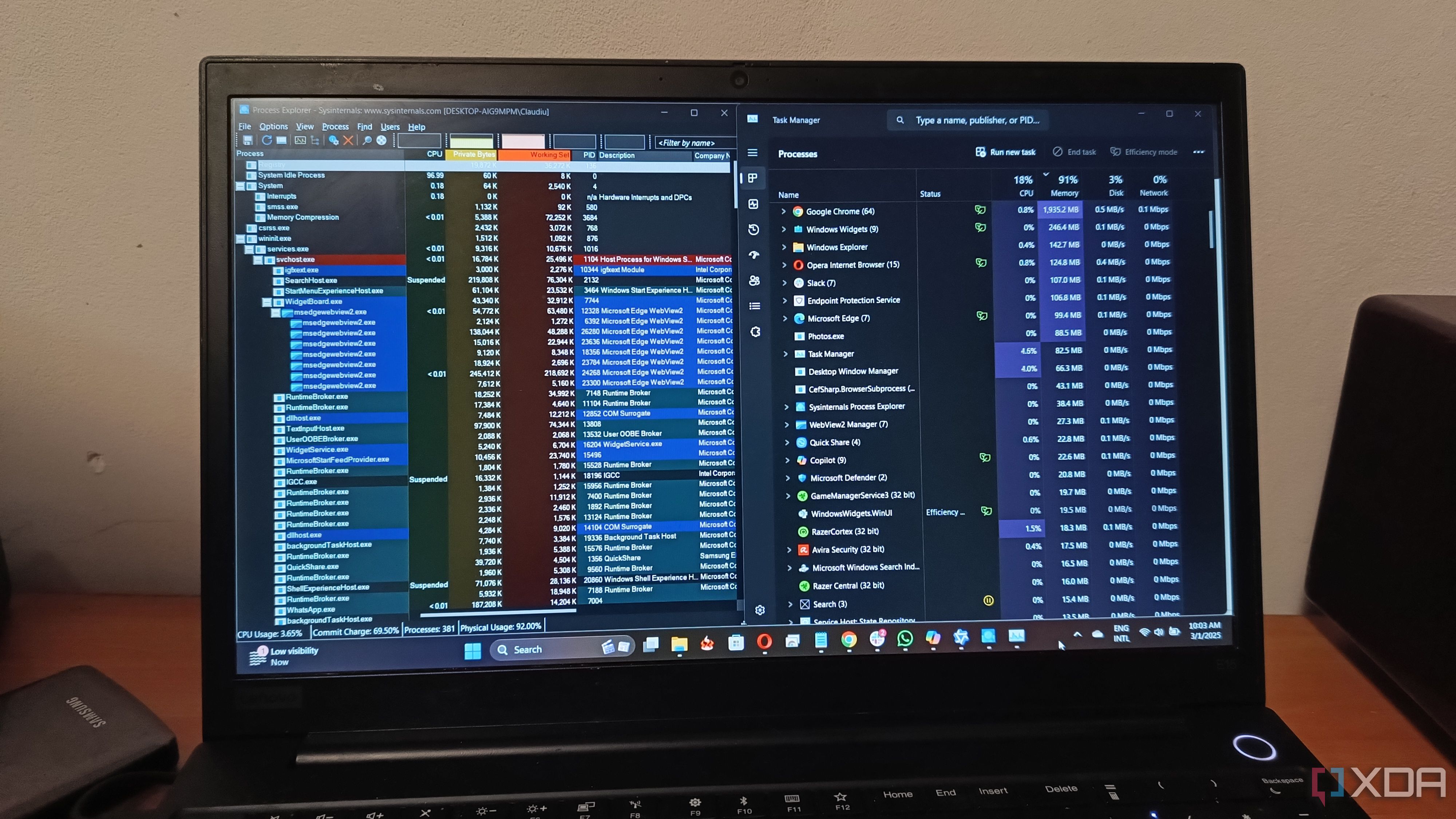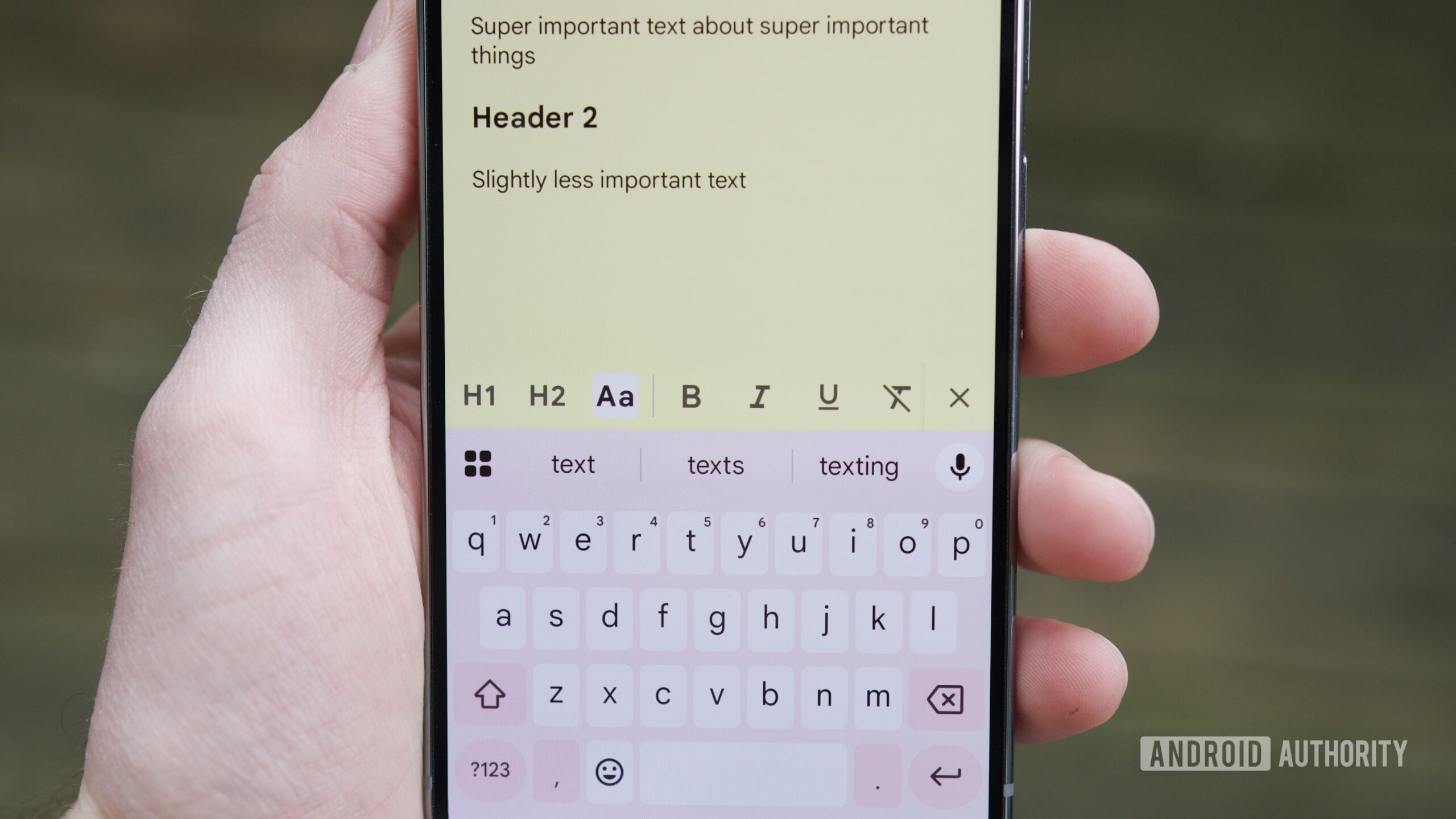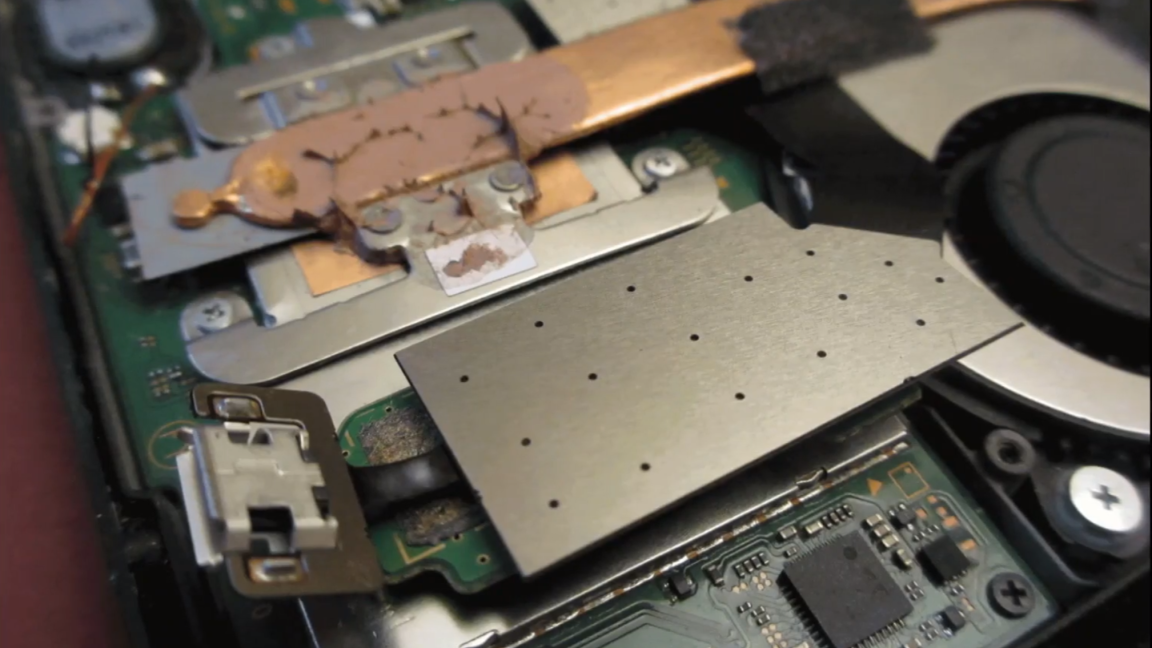'Who Needs Rust's Borrow-Checking Compiler Nanny? C++ Devs Aren't Helpless'
"When Rust developers think of us C++ folks, they picture a cursed bloodline," writes professional game developer Mamadou Babaei (also a *nix enthusiast who contributes to the FreeBSD Ports collection). "To them, every line of C++ we write is like playing Russian Roulette — except all six chambers are loaded with undefined behavior." But you know what? We don't need a compiler nanny. No borrow checker. No lifetimes. No ownership models. No black magic. Not even Valgrind is required. Just raw pointers, raw determination, and a bit of questionable sanity. He's created a video on "how to hunt down memory leaks like you were born with a pointer in one hand and a debugger in the other." (It involves using a memory leak tracker — specifically, Visual Studio's _CrtDumpMemoryLeaks, which according to its documentation "dumps all the memory blocks in the debug heap when a memory leak has occurred," identifying the offending lines and pointers.) "If that sounds unreasonably dangerous — and incredibly fun... let's dive into the deep end of the heap." "The method is so easy, it renders Rust's memory model (lifetimes, ownership) and the borrow checker useless!" writes Slashdot reader NuLL3rr0r. Does anybody agree with him? Share your own experiences and reactions in the comments. And how do you feel about Rust's "borrow-checking compiler nanny"? Read more of this story at Slashdot.

Read more of this story at Slashdot.


































































































































